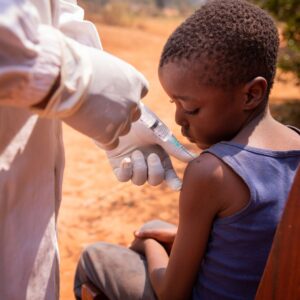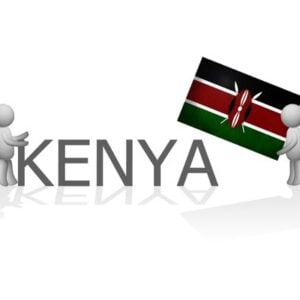In remote communities across Mali, Red Cross volunteers are overcoming significant challenges to identify zero-dose and under-vaccinated children, ensuring they receive life-saving immunizations. Vaccines are crucial in preventing infectious diseases, yet fewer than half of Mali’s children receive all essential childhood vaccines, leaving them vulnerable to diseases such as diphtheria, measles, and tetanus.
Many factors contribute to low vaccination coverage. Families in northern desert regions often live days away from the nearest health center, making access difficult and costly. Armed conflict since 2012 has displaced hundreds of thousands of people, disrupting vaccination schedules and forcing clinics to close. Natural disasters, such as the 2024 floods, have further strained the healthcare system. Additionally, misinformation and harmful rumours about vaccines discourage some parents from immunizing their children.
Mali Red Cross volunteers, trusted local figures, play a vital role in bridging communities and health services. They go door-to-door to record vaccination status, raise awareness, and provide accurate information about the benefits and logistics of immunization. Community events, interactive radio shows, and theatre performances are also used to engage families, dispel myths, and build confidence in vaccines.
When clusters of zero-dose or under-vaccinated children are identified, the Mali Red Cross coordinates with health centers to bring vaccines directly to communities through outreach sites or mobile clinics. Volunteers help organize these efforts, raise awareness of schedules, and generate community demand, ensuring families are ready to vaccinate their children.
Over the past year, volunteers have identified more than 30,000 zero-dose and 17,000 under-vaccinated children, supporting most to receive vaccines. These efforts reach the highest-risk children who would otherwise remain invisible to health authorities, preventing outbreaks and protecting the wider population. Local health officials have reported improved vaccination coverage and reductions in under-vaccinated children in their districts thanks to volunteer support.
Support from IFRC and Gavi is helping strengthen Mali Red Cross and local health authorities’ long-term immunization capacity. Improved data collection, coordination, and planning are enabling better service to hard-to-reach populations. More than 400 community volunteers have been trained, and teams now work closely with the Ministry of Health at all levels. Even after the project ends, Mali Red Cross volunteers will continue to support communities, ensuring children receive the vaccines they need.







